IBD teams have completed strategic consulting projects for clients in a variety of industries, including technology, SaaS and enterprise software, manufacturing, energy, conservation, healthcare, education, consumer goods, and more – including those listed below.
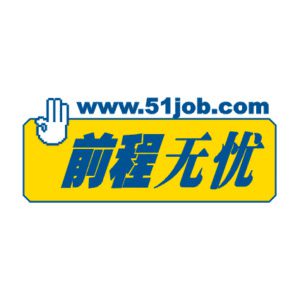

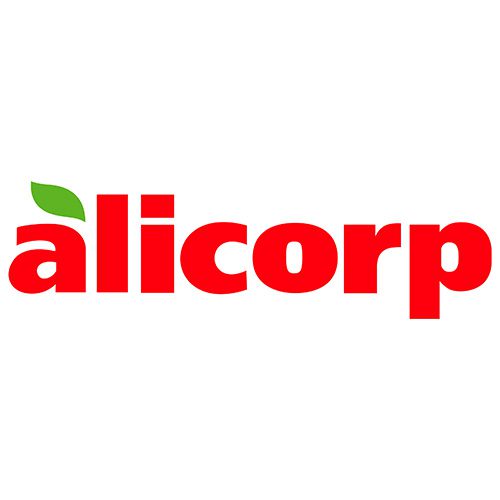



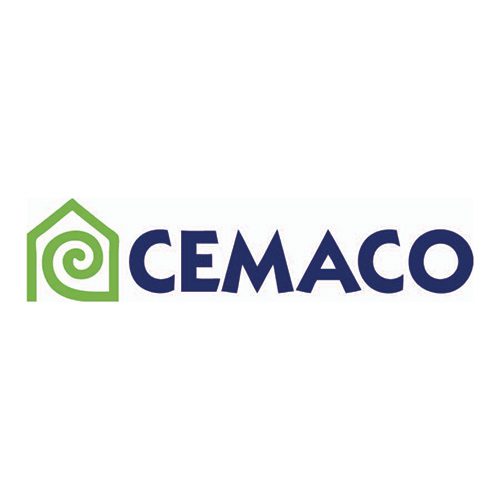
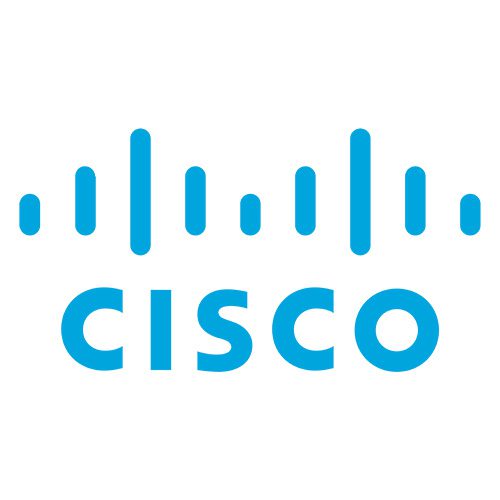
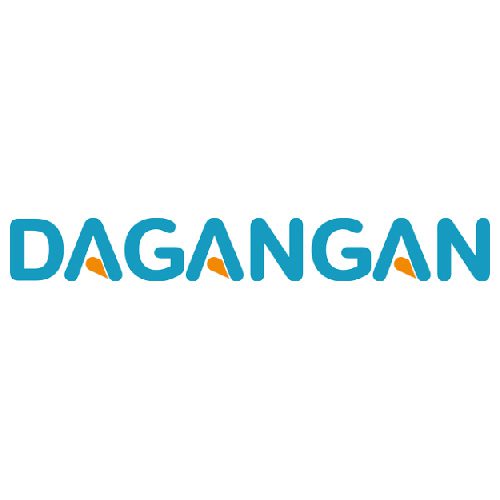
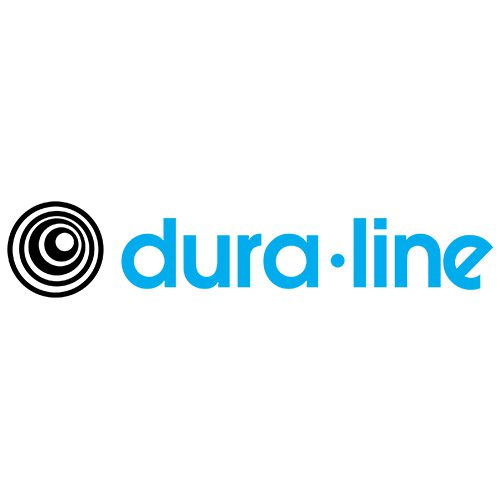

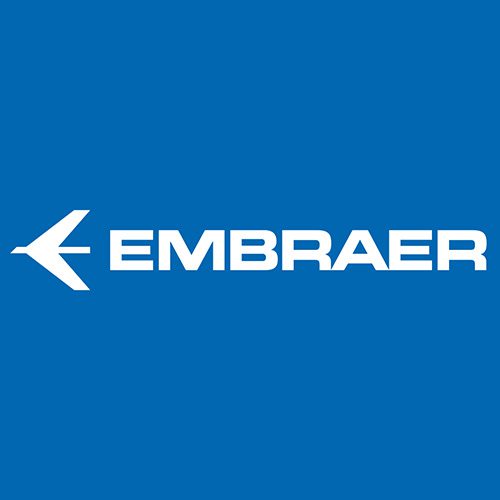
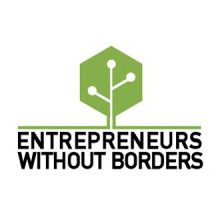



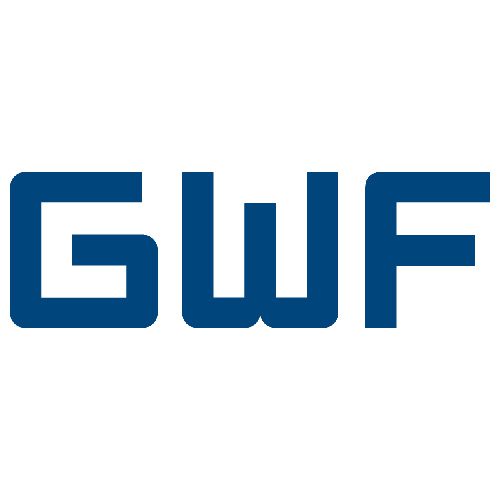

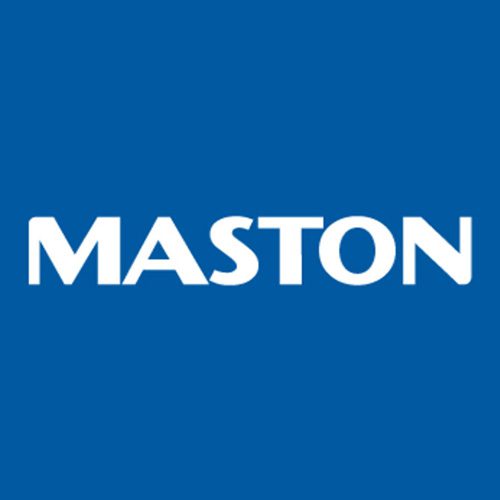
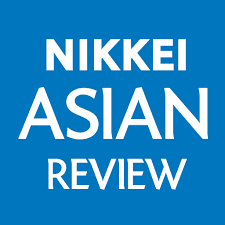


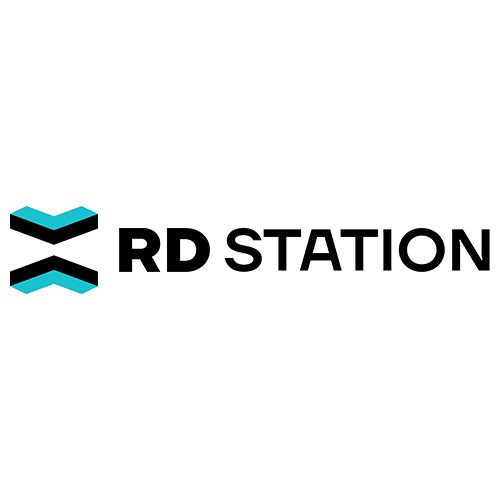
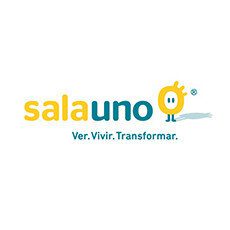





Delivering Strategic Solutions
IBD teams have worked with clients on a wide range of business challenges, such as:
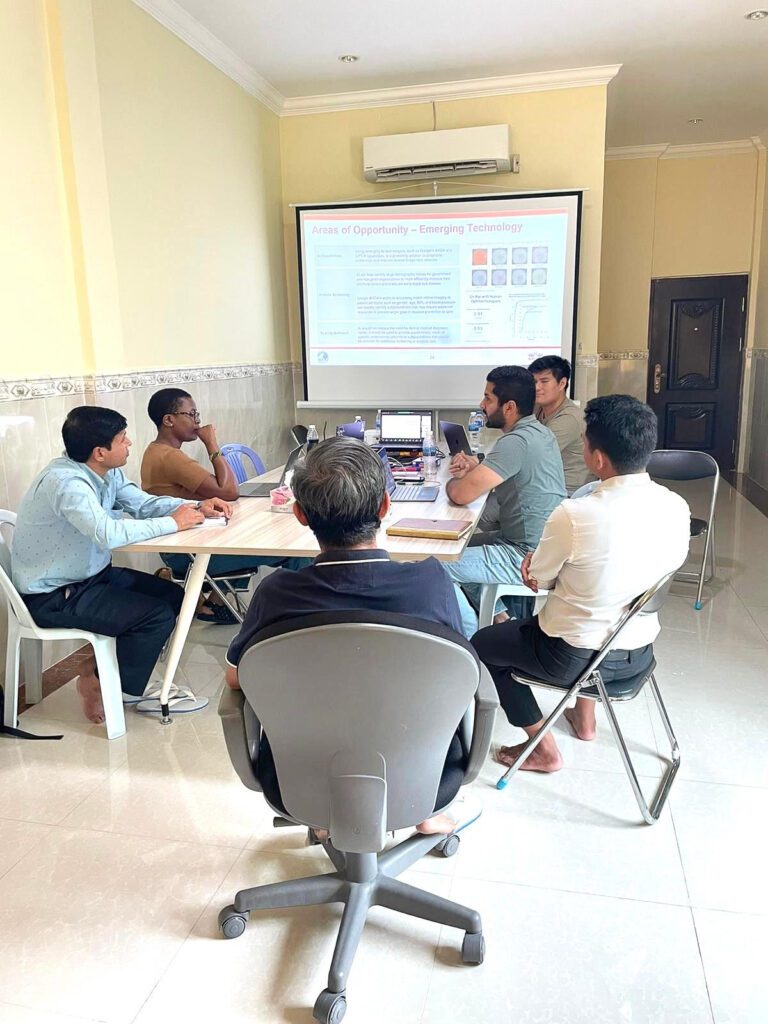
- Developing market entry strategies for geographic or product expansion
- Analyzing the competitive landscape and defining the addressable market
- Benchmarking a client’s business against industry leaders
- Exploring best practices across relevant industries and organizations
- Identifying opportunities for cost recovery
- Recommending new strategic partnerships to grow the business
Collaborating for Success
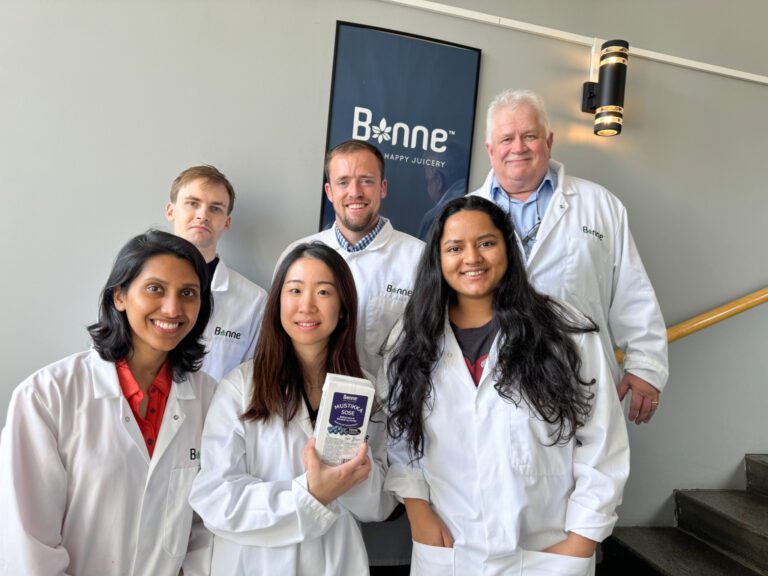
We know that managing a consulting project can be time sensitive and complex. IBD faculty mentors and students are attuned to making sure their project stays on track through close collaboration with the client.
In all cases, IBD teams offer clients:
- Increased confidence in making timely business decisions
- Data-backed recommendations and rigorous analysis
- Cutting-edge approaches to business challenges
- The opportunity to work with bright, accomplished MBA talent
- New ways of thinking about the organization and its business
- The opportunity to refocus and think strategically about the challenges ahead
Examples of IBD Projects
The challenge: A global software company asked IBD to assess market drivers and barriers to adoption of high frequency trading strategies in financial markets in Tokyo, Singapore and Sydney.
The approach: IBD team members interviewed key decision makers at Asian buy-side firms, hedge funds, exchanges, and alternative trading operations. They analyzed the impact of trends on the market, including fragmentation, cost structure, investor culture, intraday trading risk, and regulations.
The recommendation: IBD recommended that the company establish and communicate a value proposition for its software trading platform. The team also suggested that the company begin by targeting international trading firms in Tokyo and Sydney with an education campaign focused on intraday trading benefits and risks, including the benefits of real time risk analytics.
The challenge: A successful restaurant entrepreneur asked IBD to design a marketing strategy for a mobile and online startup in China that aimed to offer consumers restaurant information, ratings, reviews, and discounts online.
The approach: IBD team members conducted a thorough analysis of the local restaurant market, consumer behavior, and the company’s online and messaging offerings. They studied the startup’s user interface, its point system for customer engagement , and its search, ranking and review capabilities. IBD also evaluated the startup’s marketing, vendor management, and horizontal integration approach.
The recommendation: IBD provided the startup with a detailed product strategy roadmap, including a model for market, merchant and customer segmentation, as well as pricing and promotional offering recommendations.
The challenge: A major investment services company asked IBD for help in deciding whether or not to enter the Italian market.
The approach: IBD team members analyzed the Italian economic, political, regulatory, and foreign exchange environments. They also evaluated the competitive landscape, through interviews with large and small banks, investment companies, government institutions, local investors, and consulting firms.
The recommendation: IBD concluded that conditions were favorable for the company’s entry into the Italian market, especially given growing mutual fund opportunities. The team’s recommendations including details on the best approach to enter the Italian market.
The challenge: An airport management services company in Costa Rica asked IBD to recommend ways to increase profits from air cargo operations at one of its airports.
The approach: IBD team members analyzed macroeconomic and import/export trends in Costa Rica, researched air cargo facilities in Latin America and elsewhere, and interviewed stakeholders in air cargo operations. They explored critical variables such as customer demand and the technical and political feasibility of introducing operational change to improve profitability.
The recommendation: IBD recommended both short term and long term approaches. IBD suggested that in the short term, the company establish a hub facility for separating and storing in-transit cargo. Longer term, IBD recommended building an export cargo terminal and an on-site import terminal.
The challenge: A pharmaceutical manufacturing company in the Republic of Georgia asked IBD to develop a business model for future growth, taking advantage of the demand for high quality pharmaceutical products in Georgia as well as abroad.
The approach: IBD team members conducted a thorough regional market overview and clarified the company’s competitive advantage.The team also analyzed key customers, the impact of the regulatory environment, and the company’s current sales and distribution strategy, operations and technology, and financial projections.
The recommendation: IBD proposed a set of recommendations in the areas of strategy, sales, distribution, and operations that detailed concrete steps for the company to take to establish itself as a market leader in the rapidly growing regional pharmaceutical market.
The challenge: A family-owned Egyptian company that exports fresh fruits and vegetables asked IBD to provide a market assessment and business plan for expansion.
The approach: The IBD team assessed market opportunities in key fresh produce categories, identified operational, financial and marketing challenges, and explored ways the company could manage risk and enter new markets. They employed local and international market research while conducting multiple stakeholder interviews and site visits.
The recommendation: IBD presented a plan for expansion alongside the establishment of more formal operational controls.. These included ways to manage cash flow and working capital,make changes in how the company deployed its workforce,, increase profitability through price differentiation, and enhance product differentiation through IT investment.
The challenge: A global apparel company developed a worldwide program to provide its female garment workers with skills and tools for advancement. The company asked IBD to perform a preliminary needs assessment and a market research study in China.
The approach: IBD team members conducted research on China’s socioeconomic trends, benchmarked the company against others with similar social responsibility goals, evaluated the local NGO landscape, and conducted interviews with workers, management, researchers, and local organizations to determine the key social issues facing migrant factory workers.
The recommendation: IBD delivered recommendations for benefits the company could obtain through partnerships with specific local NGO’s. IBD also proposed that the company develop a local program for workers that offered training in financial planning, middle management skills , and women’s health.
The challenge: A major global auto manufacturer wanted to test its assumption that it had a manufacturing cost advantage in material, overhead and labor that could be realized by having one or more supplier parks located near the company’s manufacturing site. The client asked IBD to analyze the factors that influence its suppliers’ location decisions.
The approach: IBD team members extensively interviewed members of the company and its suppliers, and researched existing supplier parks that served the company as well as its competitors. The team analyzed data related to volume/capacity, contract duration, labor and wage rates, facility overhead, freight costs, and other business factors.
The recommendation: IBD presented a series of recommendations that proposed an optimal balance across control, flexibility and cost savings in the development of the auto manufacturer’s proposed facility.


